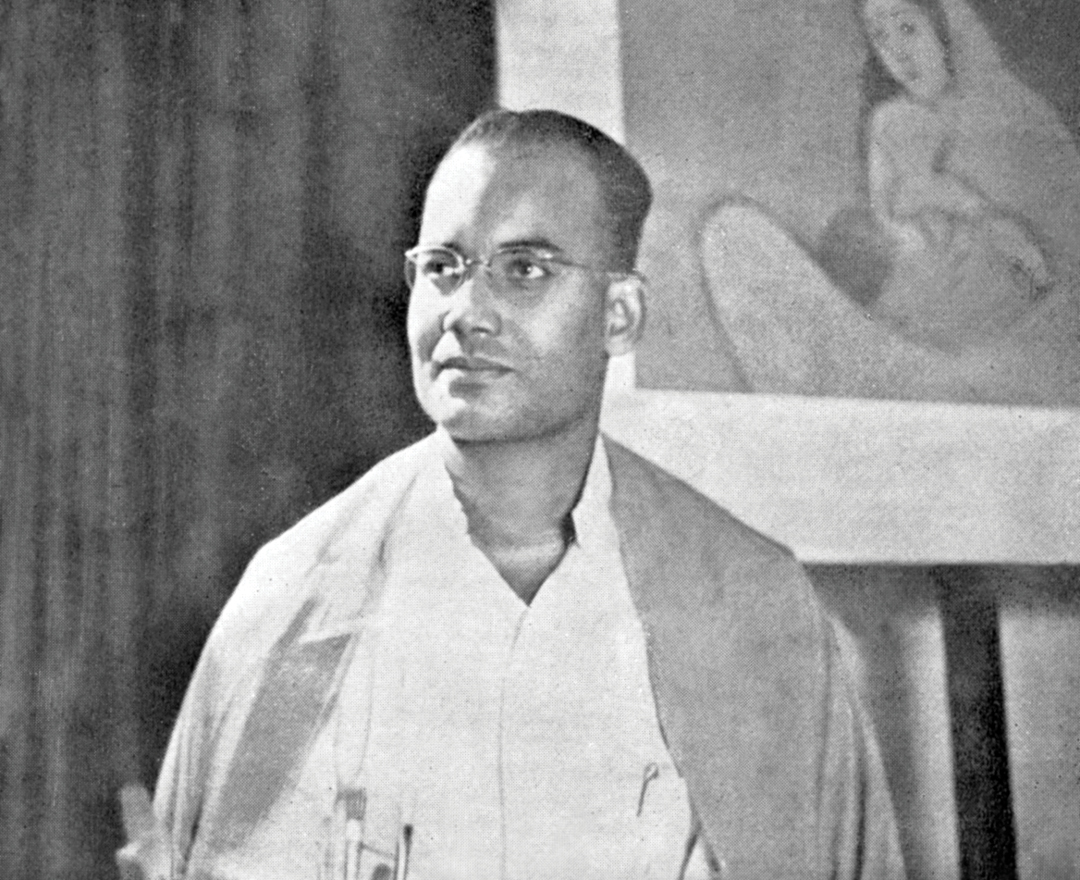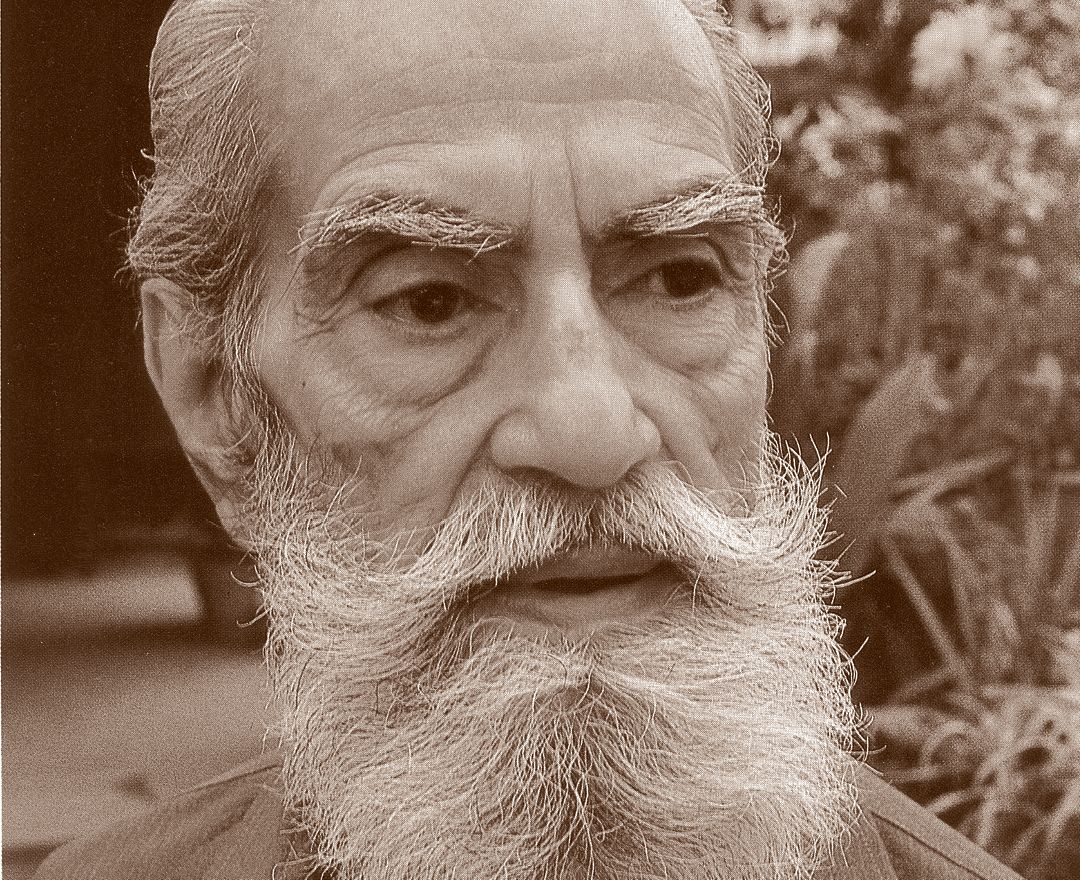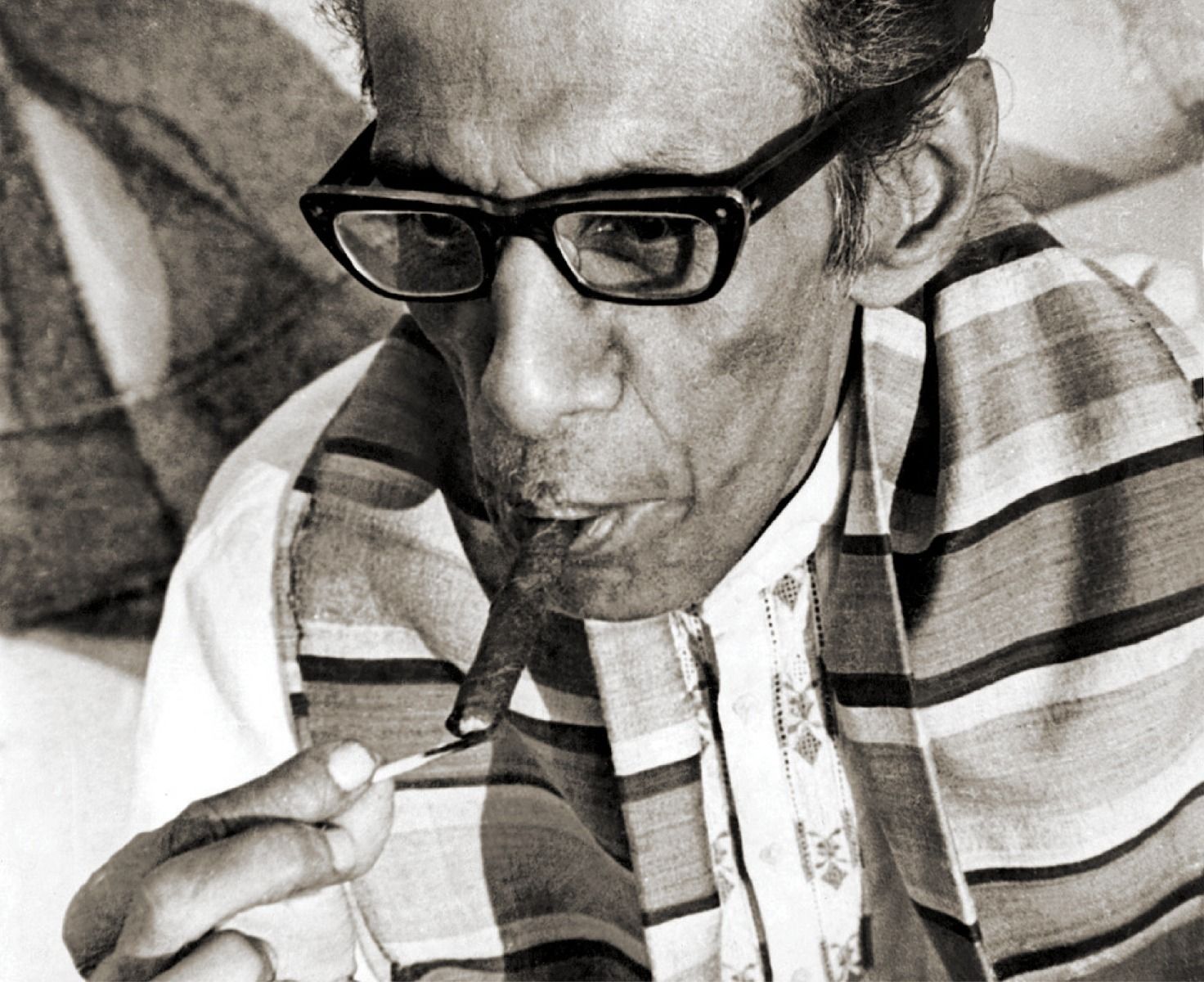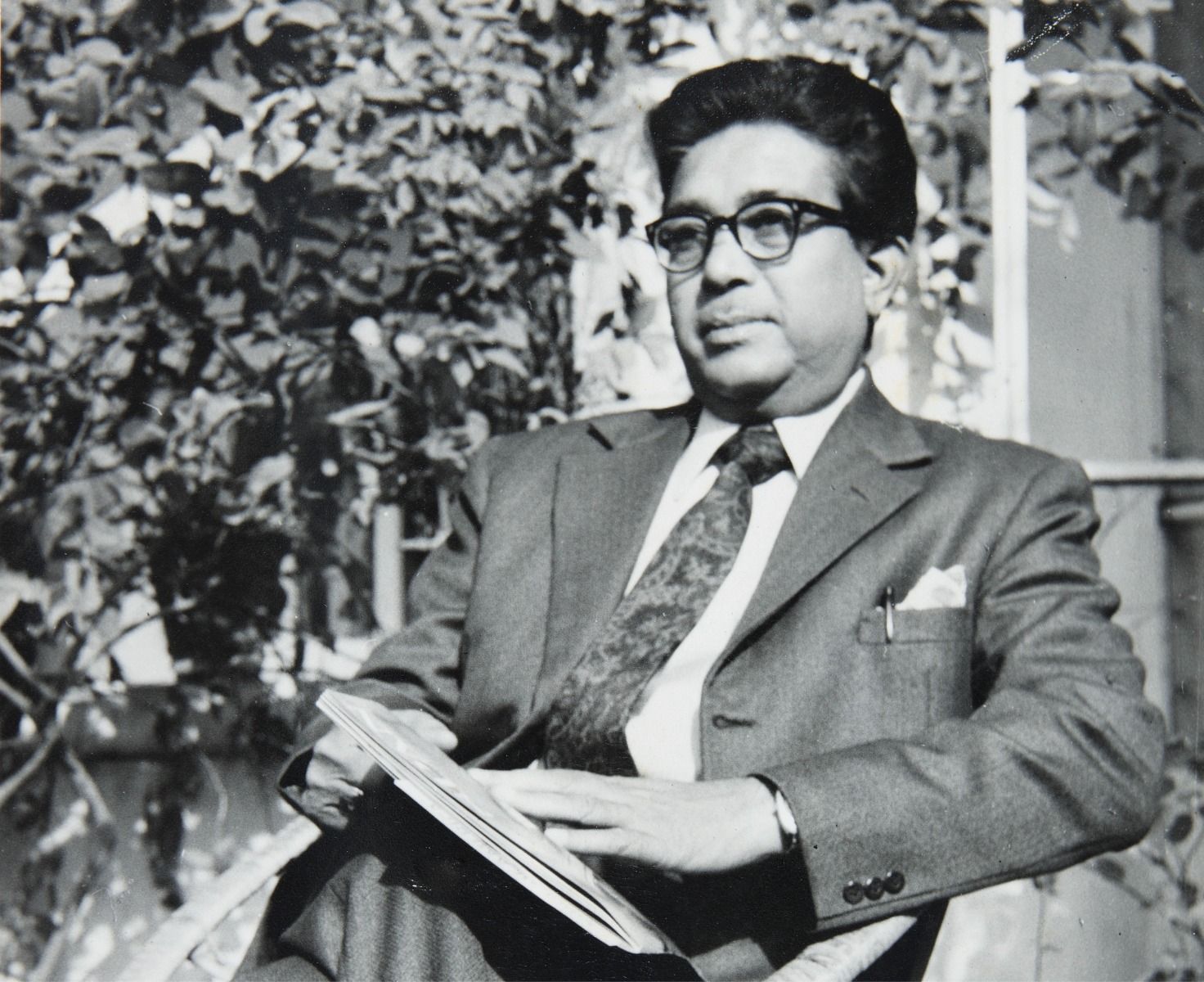Biswanath Mukerji
Biswanath Mukerji
Biswanath Mukerji
|
1921 - 1987 Biswanath Mukerji |

‘The wash watercolour technique that I use, makes the subject blend gently with the background as boundaries melt away, creating an effect that is mysterious and alluring’
BISWANATH MUKERJI
artworks
dag exhibitions
|
‘Indian Abstracts: An Absence of Form’ |
|
DAG, New Delhi, Mumbai, and New York, 2014-15 |
|
'Kali: Reverence and Rebellion' |
|
DAG, New Delhi and Mumbai, 2024 |
notable collections
|
Government Museum and Art gallery, Chandigarh |








